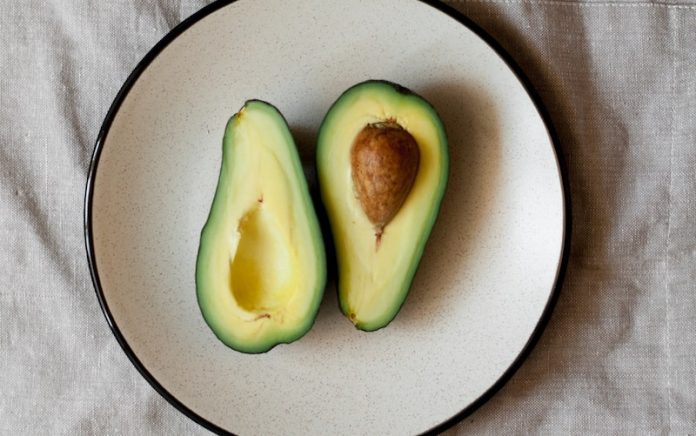
Scientists from the University of Wollongong found that eating avocado is linked to better diet quality, weight loss, and reduction of waist circumference.
Overweight and obesity are common conditions in the United States that are defined as the increase in size and amount of fat cells in the body.
Overweight and obesity are caused by many factors including behaviors like eating patterns, lack of sleep or physical activity, and some medicines, as well as genetics and family history.
Obesity is a chronic health condition that raises the risk for heart disease — the leading cause of death in the United States — and is linked to many other health problems, including type 2 diabetes and cancer.
According to NIH, nearly 3 in 4 adults aged 20 or older in the United States have either overweight or obese.
Nearly 1 in 5 children and teens ages 2 to 19 years have obesity. Being overweight and obese can lead to serious health issues for people of all ages.
Avocados are a rich source of nutrients including monounsaturated fats, dietary fiber, potassium, and Mg, as well as phytochemicals.
Avocados are high in fat with 60% of this being monounsaturated fats, which research suggests help to protect against heart disease and high blood pressure.
They are also an excellent source of potassium, folate, and fiber, all of which benefit the heart and cardiovascular system.
In the study, researchers aimed to examine the effects of eating avocado on people’s diet quality, body weight, and waist circumference.
They used data from the 2011–2012 National Nutrition and Physical Activity Survey (NNPAS) to quantify avocado consumption in the Australian population.
The team found generally, the avocado intake was 2·56 grams per day with 15·9 % of Australians considered to be avocado consumers.
Greater eating of avocados was linked to much higher consumption of monounsaturated fats, polyunsaturated fats, dietary fiber, vitamin E, Mg, and potassium, as well as ‘whole grains’, ‘vegetables’, ‘fruit’, and ‘meat and alternatives’ food groups.
In addition, greater eating of avocados was linked to much lower consumption of carbohydrates and foods high in saturated fat, added sugars, salt, and/or alcohol.
Greater eating of avocados was strongly linked to lower body weight, BMI, and waist circumference.
Based on the findings, the team concluded that avocados may be added to a healthy diet and may help with weight management.
The research was published in the British Journal of Nutrition and was conducted by Vivienne X. Guan et al.
Copyright © 2022 Scientific Diet. All rights reserved.





